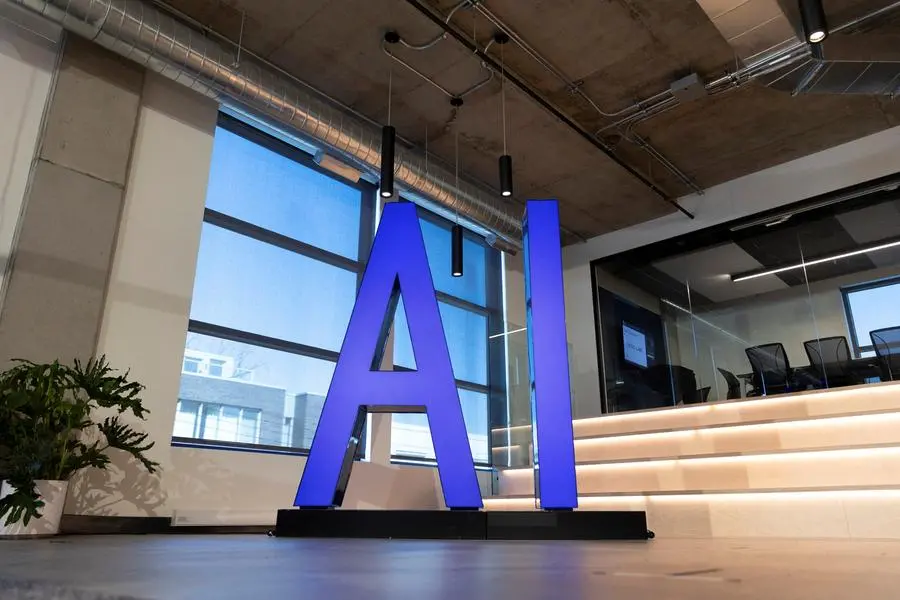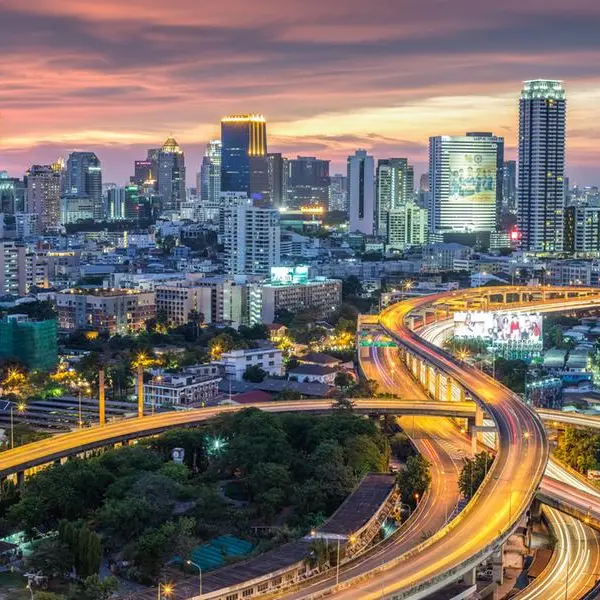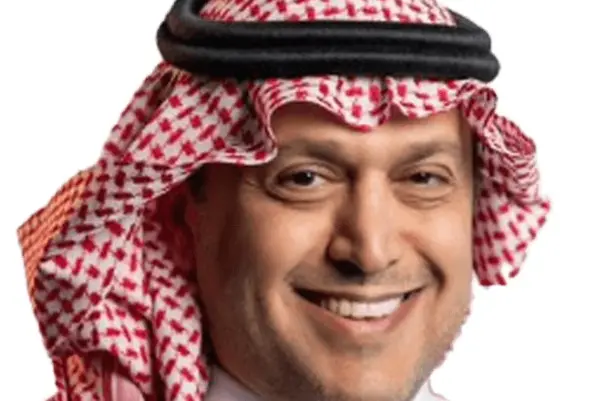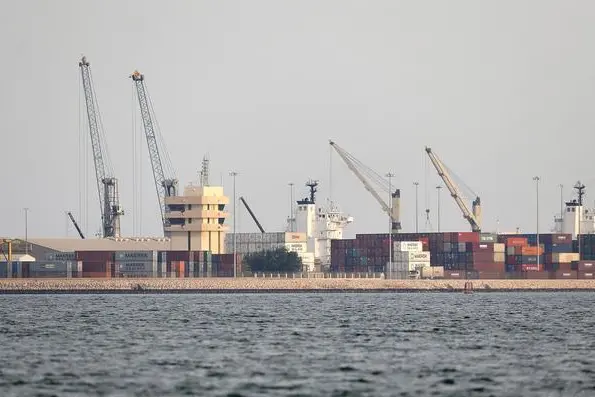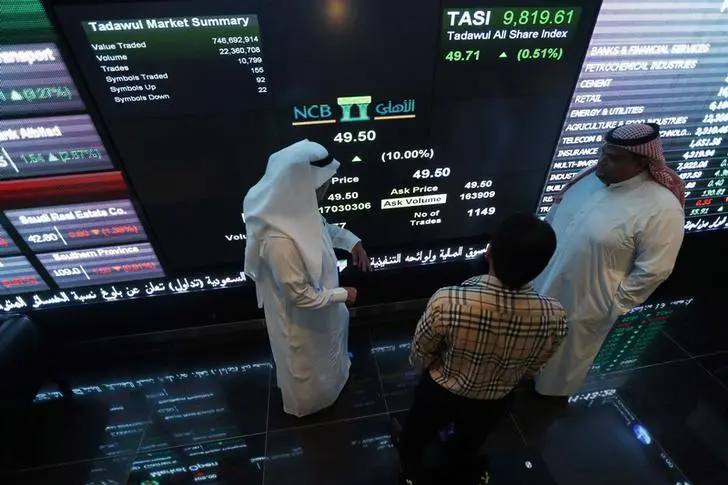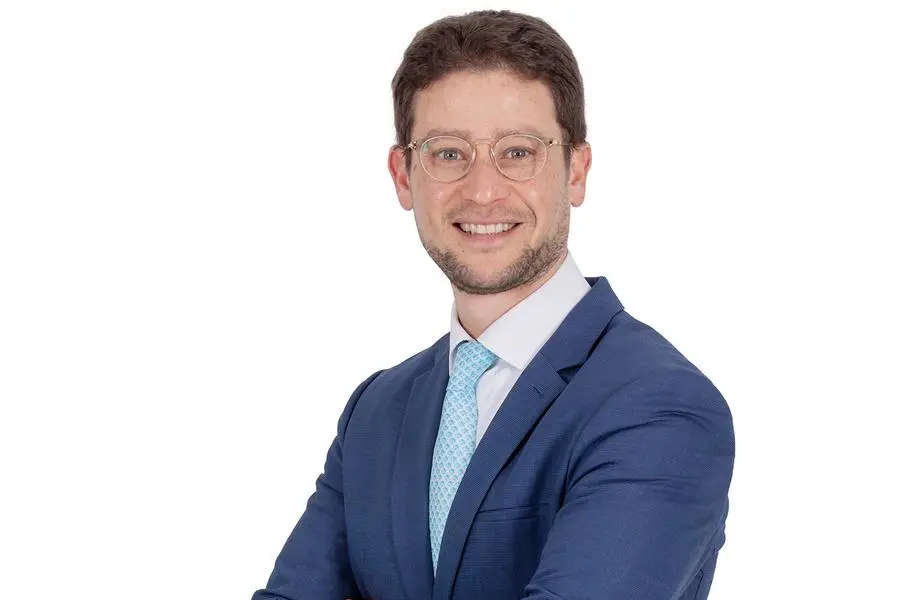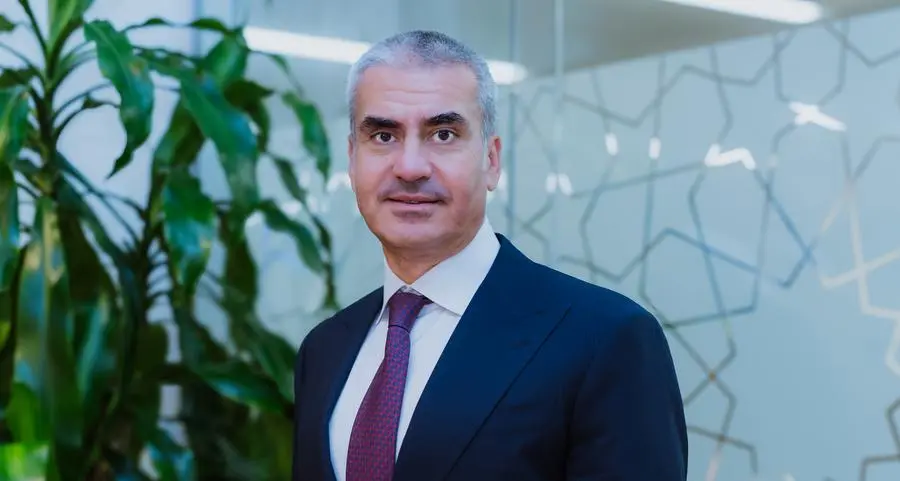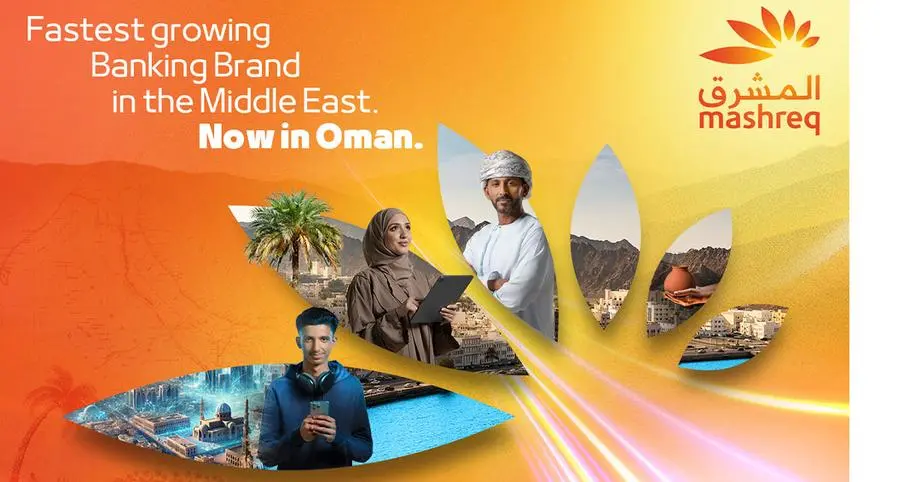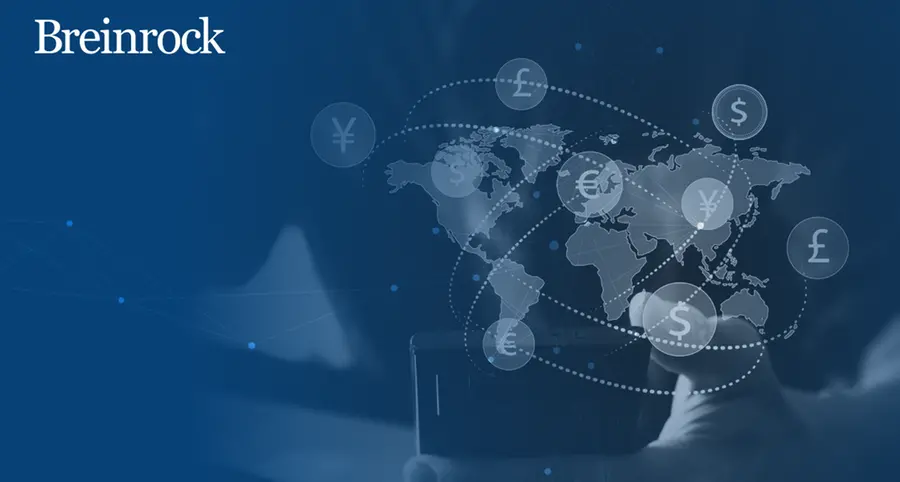PHOTO
FILE PHOTO: The offices of artificial intelligence tech company Scale AI in Montreal, Quebec, Canada April 7, 2024. REUTERS/Evan Buhler.
Following the high-profile AI Action Summit in Paris, Africa’s first Global AI Summit is underway in Kigali, underscoring the continent’s growing leadership in shaping the future of artificial intelligence.
AI is redefining what’s possible in health and development. Its rapid evolution continues to unlock real opportunities for progress. Just think: The same tech behind self-driving cars is now helping in the fight against malaria, powering apps that can identify disease-carrying mosquitoes from a single photo.
As health and development budgets tighten, perhaps the greatest opportunity AI offers is a chance to deliver faster, smarter, and more cost-effective tools, reducing inequity and driving economic growth in ways that were unimaginable just a few years ago.
In health, AI can support traditionally resource-intensive activities, like diagnosing rare diseases, flagging emerging outbreaks, and discovering new medicines. African universities and health leaders are also exploring it as a tool to strengthen medical education through AI-powered simulations and virtual patient actors that help train new doctors more effectively.
In agriculture, AI can help farmers improve crop yields by using models to predict the impact of climate variations. And in education, AI can help teachers and students alike, assisting with personalised tutoring or the rapid translation of materials into the right language. We’re already seeing the impact. In West Africa, illiteracy among young people decreased by nearly 80 percent when they could learn in their own Bambara language.
But what inspires us the most isn’t a new device or software—it’s the innovators designing and using these tools to address some of the world’s toughest challenges. The Global AI Summit is a reminder that Africa is home to many of those brilliant minds.
People like Nneka Mobisson, a trained paediatrician with an MBA and engineering degree, who channelled the grief of losing her father to a preventable health condition into a mission to deliver high-quality health coaching to people living with chronic diseases across Africa.
She founded mDoc, a health tech company in Nigeria that created Kem, an AI chatbot offering virtual maternal health coaching. Kem is short for “nkem,” which means “my own" in Igbo. Kem can speak Nigerian Pidgin as well as English, and early results show that Kem is both clinically accurate and culturally attuned, helping women feel confident about managing their pregnancy.
Nneka’s story is unique, but she’s far from alone. Nneka was one of the many innovators who responded to the Gates Foundation’s first-ever Grand Challenges Request for Proposals on projects leveraging generative AI to tackle pressing socioeconomic challenges in low- and middle-income countries.
What began as a group of 50 AI innovators grew to a community of more than 100 after the Science for Africa Foundation, through its Grand Challenges Africa programme, led a second call for proposals alongside a diverse group of Grand Challenges partners.
In recognition of the power of the fast-evolving emerging technology, the Grand Challenges Network of partners from Africa, Southeast Asia, and the Americas, including Grand Challenges Africa, sources and seeds AI innovations from LMICS for improved global health outcomes.
The Grand Challenges network of partners supports innovative solutions to "Grand Challenges" in health and development with a vision for a world where local, regional, and global innovation ecosystems are thriving and fostering solutions in the places where they will have the most impact.
Another exciting way AI is improving healthcare is by giving frontline workers the tools to deliver more timely, personalized care.
In Kenya, Dr Grace Kirigo Githemo of Kenyatta University is running a study to see how portable ultrasounds can improve maternal and new-born services in small clinics across the country. She and her team trained 500 nurses and midwives to identify high-risk conditions using portable ultrasounds.
With AI-enabled capabilities on the horizon, these tools could dramatically reduce maternal and new-born deaths by empowering frontline workers and bringing life-saving diagnostics closer to where women live.
What Nneka and Grace’s work shows is that, across Africa, innovation is thriving. But realising AI’s full benefits for Africa will require overcoming the roadblocks to scaling these promising tools. The reality is that Silicon Savannah faces capacity constraints that Silicon Valley does not.
Africa has just one supercomputer compared to 181 in North America, meaning the continent is at a disadvantage when it comes to the infrastructure these rapidly evolving, compute-intensive technologies—and the innovators behind them—need to work at their peak.
The recently announced partnership between Cassava Technologies and Nvidia is a promising step forward in ensuring African innovators can access the compute capacity they need to power their AI breakthroughs.
If compute power is the engine of AI, data is the fuel that keeps it moving forward. But AI needs high-quality, relevant data to operate effectively, and that includes diverse, representative language data. Africa is home to over 2,000 languages, but those languages are severely underrepresented in the training data used for global AI models.
This means entire communities may not be able to access the benefits of AI—not because the tools don’t work, but because they can’t deliver accessible and locally relevant information to them.
Good science is important, but it requires collective action and investment to turn a promising idea into an innovation that can improve and save lives. That means empowering local talent, strengthening research institutions, expanding the use of local language data, and building the infrastructure and regulatory environments that allow African-led innovation to thrive.
It means streamlining investments to support the evaluation of new AI tools, growing the evidence base so policymakers, healthcare providers, and developers have a clear sense of what works and what doesn’t for their communities. And it means cultivating an innovation ecosystem where these critical stakeholders can coordinate, align efforts, and scale the AI solutions that hold the most promise.
Every sector has a role to play in ensuring the benefits of AI innovation extend across the continent. As Africa’s innovators continue to push the boundaries of science, now is the time to support them as they work to turn bold ideas into real-world impact. Most importantly, we need to remember that Africa isn’t just poised to benefit from AI—it has a real chance to lead the way.
© Copyright 2022 Nation Media Group. All Rights Reserved. Provided by SyndiGate Media Inc. (Syndigate.info).
